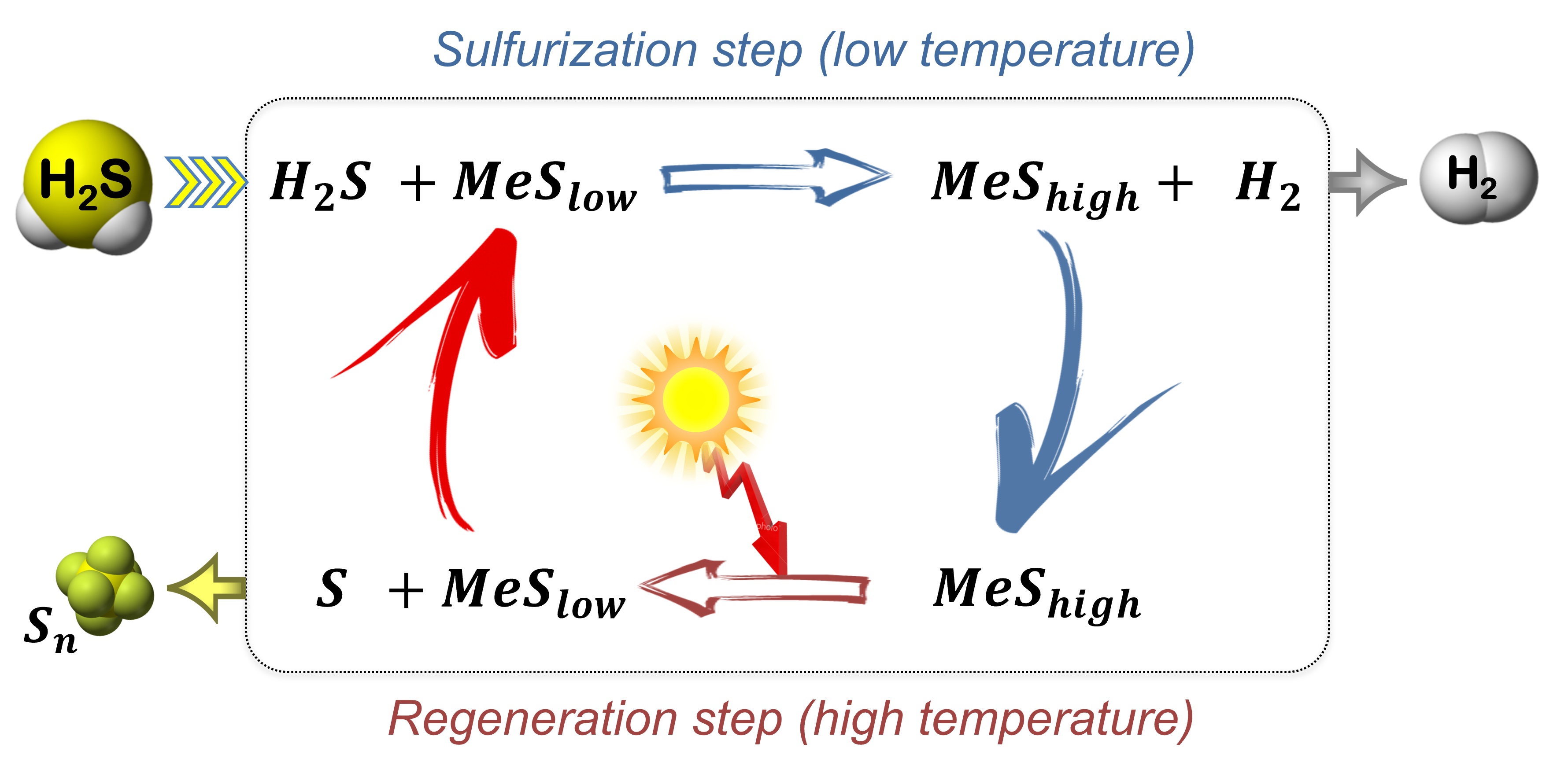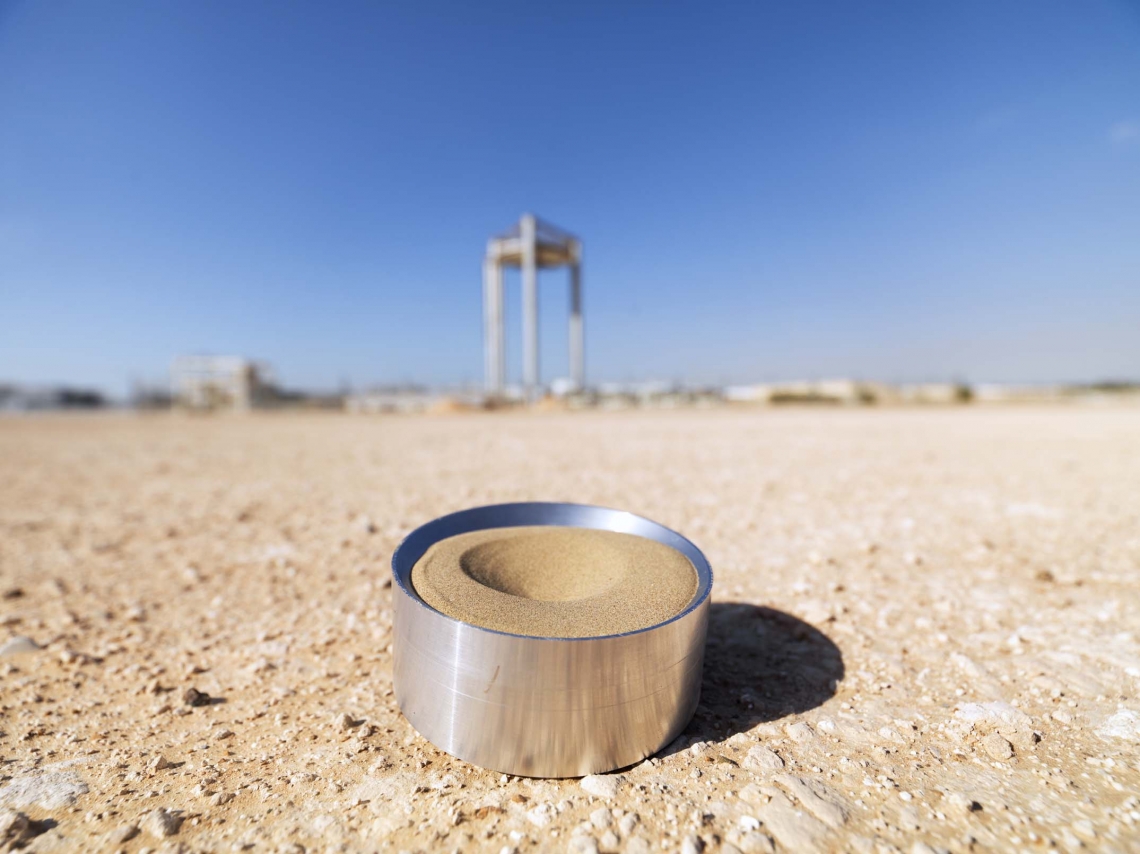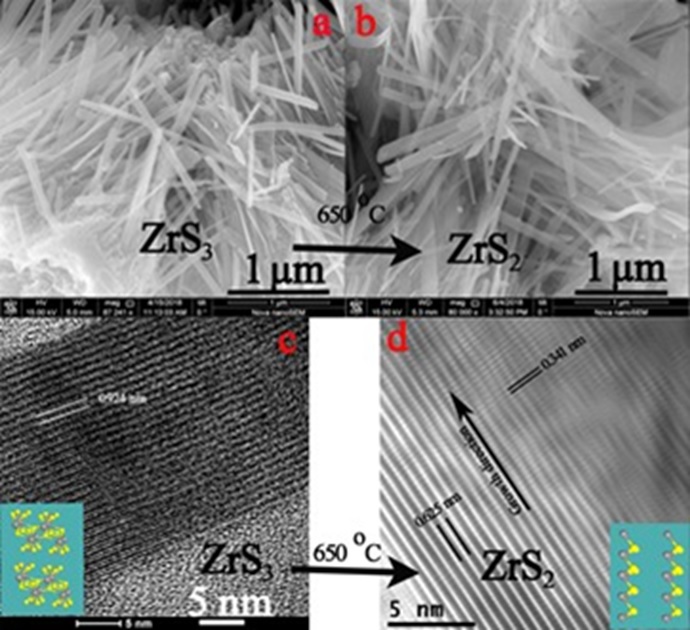- Admissions
- Academics
- Research Office
- Student Life
- News & Events
- Outreach
- About
Khalid Al-Ali (Ph.D. Tokyo Institute of Technology, 2014) is an Associate Professor at the Department of Chemical Engineering, passionate about Solar Fuel production & Thermochemical Energy Storage (CES) from Concentrated Solar Power (CSP).
Dr. Al-Ali began his career as a site integrity services engineer (2006-2009), for Abu Dhabi National Oil Company (ADNOC Offshore), Abu-Dhabi, UAE. He got hands-on experience through in-service inspection, ensuring that equipment remained safe to operate within defined operating boundaries. After this work experience, Dr. Al Ali joined the Masdar Institute Fellowship Program to obtain his MSc and Ph.D. degrees in Chemical Engineering from the Tokyo Institute of Technology, Tokyo, Japan, in 2011 and 2014, respectively.
His primary areas of investigation include Hydrogen, Chemical reaction engineering, Thermochemical cycle, solar fuel production and Inorganic chemistry. He has built up considerable expertise, particularly in high-temperature solar chemistry for converting solar heat to chemical fuels. He has a special interest in the developments of highly-reactive solar materials and catalysts and solar reactors, receivers, absorbers, and reformers. His research studies span to include other routes for solar fuels production like; photochemical, electrochemical, and the exploration of reaction mechanism networks and discovering the subset of species and reactions that present the macroscopic properties of the complete reaction network. Predicting detailed chemical kinetics and mechanisms are necessary for the simulation of today’s complex processes including, pyrolysis, biomass transforming, hydrocarbons reforming, water/H2S splitting, and CO2 utilization and conversion.
Dr. Al-Ali is the UAE coordinator and is honored to represent the UAE's progress and activities, since 2018, under the Solar Chemistry research at the SolarPACES (Solar Power and Chemical Energy Systems), a technology collaborative program from the International Energy Agency.
Finally, Dr. Al-Ali is a director of operations at the Seramic Materials Ltd., startup company born out of the unique and innovative environment of Khalifa University, a pioneer in circular-economy solutions to up-cycle solid industrial waste into sustainable value-added products, in the technical ceramic and construction markets.

Solar Thermochemical Decomposition of Hydrogen Sulfide to Hydrogen
The conventional approach to dispose of the noxious H2S is the “Claus Process” which is primarily performed for safety/environmental reasons, releasing a great deal of energy in the form of low-grade steam, which has relatively low economic value. This project focuses on developing an alternative practical and efficient solar process, which also accomplishes the goal of converting the noxious H2S into elemental Sulfur, but which preserves the hydrogen atoms as hydrogen gas, and which stores solar energy for later use.
A solar process that can convert this large-volume, highly toxic material into a useful fuel would both protect human health and the environment, and make a substantial contribution to the world's supply of clean energy.

Blue Hydrogen and CNT/Nanofiber Production from Catalytic Decomposition of Methane over Sand-derived Mesoporous Silica
The proposed project aims to design and synthesize a series of mesoporous silica from natural sand, which upon active metal doping, could produce blue hydrogen from methane (the major component of natural gas) decomposition. Thermal energy will be supplied by solar energy.

Advanced materials and systems for CO2 conversion and H2 production
The project aims the development of novel, highly efficient materials and systems for CO2 conversion and H2 production. One objective will be to develop and optimize solar-driven photochemical and thermochemical processes for the production of fuels and products (H2) from H2S/CO2 splitting, using novel materials, demonstrating their technical feasibility.